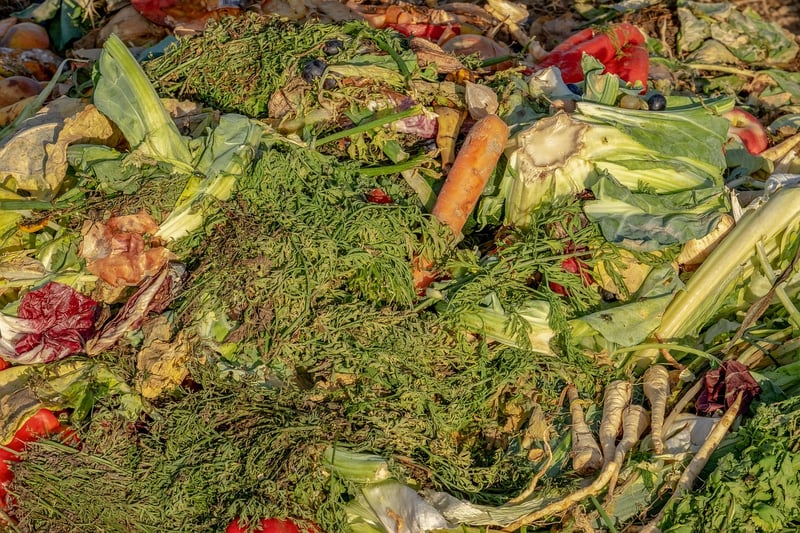Composting
The Art of Composting: A Guide to Environment-Friendly Practices

Introduction to Composting
Composting is a simple yet powerful way to reduce waste and create nutrient-rich soil for your plants. By recycling organic materials, you can contribute to a healthier environment and promote sustainable living.
Getting Started with Composting
To start composting, you will need a compost bin or pile in your backyard or even a small container for indoor composting. Collect kitchen scraps like fruit peels, coffee grounds, and eggshells, along with yard waste such as leaves and grass clippings.
Tips for Successful Composting:
- Balance the mix of green materials (nitrogen-rich) like food scraps and brown materials (carbon-rich) like dry leaves.
- Turn the compost regularly to aerate it and speed up the decomposition process.
- Keep the compost moist but not too wet to maintain the right conditions for microorganisms to break down the materials.
- Avoid adding meat, dairy, or oils to your compost pile as they can attract pests and slow down decomposition.
Benefits of Composting
Composting has numerous benefits, including reducing methane emissions from landfills, enriching soil with essential nutrients, and promoting biodiversity in the ecosystem. It also helps in reducing the need for chemical fertilizers, thus protecting water sources from pollution.
Conclusion
Embracing composting as part of your daily routine is a simple yet impactful way to contribute to a greener planet. Start small, experiment with different composting techniques, and witness the positive changes in your garden and the environment.
Join the composting movement today and be a part of the solution for a sustainable future!

Find more information on composting at EPA - Composting at Home
